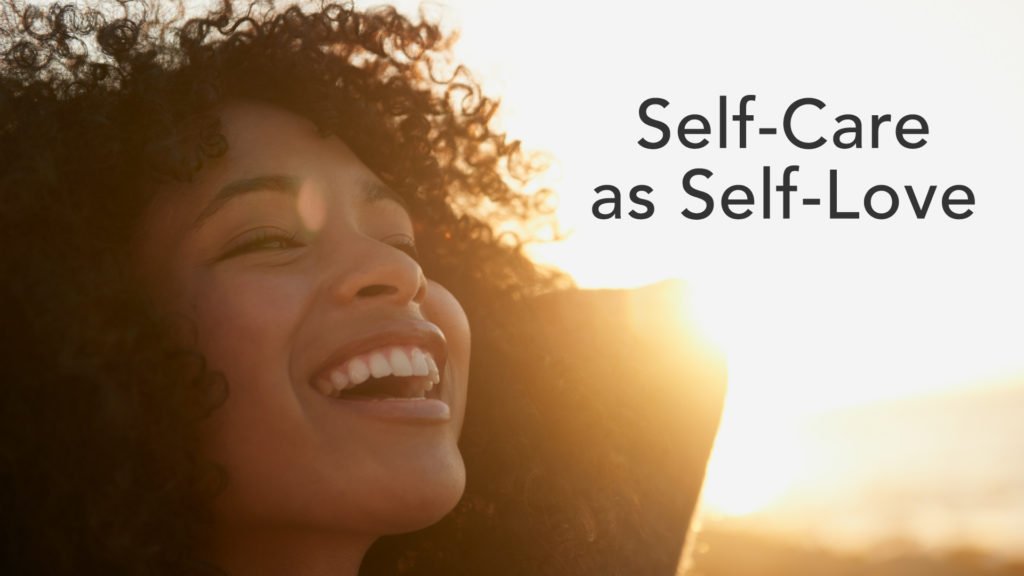
Journal To Help Achieve Your Goals
Dear Daughters , We all know that goals are essential to staying motivated, but sometimes they can be tough to achieve. Whether you’re trying to

Dear Daughters,
At some time, most of us have experienced that initial bliss we feel when we have hit it off with someone new. (Self-Love) With the exchange of glances, the racing heart and the hope that maybe this is “the one,” we can easily lose ourselves in a whirlwind romance.
While listening to our hearts and ignoring our heads, sometimes we give people our trust long before they have earned it. By overlooking little things or ignoring small warning signs, dangerous situations can arise, such as a sexual assault or an ongoing, emotionally abusive, unhealthy relationship.
Trust Your Instinct
Many people who have survived attacks by someone they knew reported similar warning signals that they unfortunately ignored. Most reported feeling that something was wrong, but let it go because they could not quite put their finger on it. Attackers typically plan how their attacks will take place, so their efforts to act normal may not raise any suspicions.
If you are on a date and you have a bad feeling, even if you are not sure why, you should act on your instinct. Get or stay in a public place where people are around; then find a safe way home, ideally with trusted friends. If you are already alone and begin to feel uncomfortable, do whatever you need to get where there are other people; insist on stopping for a quick bite to eat, or pretend you suddenly remember you are supposed to meet friends who will look for you if you do not show up. If necessary, assert yourself quickly and firmly to avoid potential danger.
Preventive Strategies
It is much better to have someone earn your trust over time while keeping your own safety a priority. Follow these steps for safe dating:
Abusive Dating Relationships: When “The Right One” Is Not Right
Some of us want to be in relationships so badly or are tired of meeting a string of losers in the dating scene that we may be willing to overlook some red flags just for the sake of having romantic companionship. It is more important to feel good about yourself and to set boundaries the minute you feel uncomfortable with any behaviors from your partner. Realizing and accepting that you are better off on your own than in an abusive relationship can prevent any eventual physical or emotional abuse. (Self-Love)
It is common for abusive partners to start out on extremely good behavior in an attempt to win you over. As your partner earns your trust, you may start to notice behaviors that you want to overlook for the sake of the relationship. Do not do this: they may indicate you are at risk for being in an abusive relationship. Be concerned if the person you are dating displays the following traits:
Once you recognize you are in an abusive relationship and have made up your mind to leave, you can take several steps to follow through and stay strong. It is very common to fall into a pattern of leaving and returning. You may miss the “good” times with that person, believing them when they say the abuse will never happen again, yet the cycle of abuse continues. Follow these steps to move on from an abusive relationship safely:
Healthy Dating
Dating can be fun whether you hope to meet many people to share a variety of interests or are hoping to find a life partner. Following dating strategies and setting boundaries for acceptable behaviors will help keep you safe during the dating process. Do not give out your trust too easily. Take your time to get to know someone new. Make the person earn your trust, and see if, over time, the person deserves your emotional investment.
Resources
As Always,
Love Mom

Dear Daughters , We all know that goals are essential to staying motivated, but sometimes they can be tough to achieve. Whether you’re trying to

Dear Daughters, Retirement planning is an important part of financial management. It can help you save for your own retirement and provide a comfortable retirement
Dear Daughters, Journaling to Help with Stress is a great idea. It can help you process your thoughts and feelings, and it can provide
Subscribe to my weekly newsletter!